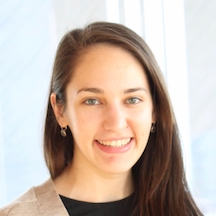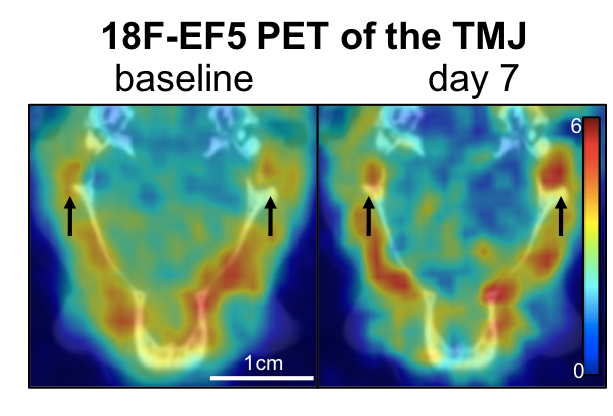 Michael Mitchell, PhD, Skirkanich Assistant Professor of Innovation in the Department of Bioengineering at Penn, has been honored with a Rising Star Award in Cellular and Molecular Bioengineering from the Biomedical Engineering Society (BMES). According to the BMES website, “The BMES Cellular and Molecular Bioengineering Special Interest Group brings together researchers with diverse scientific and clinical interests with a common goal of understanding and engineering molecules, cells, their interactions and microenvironments in the pursuit of controlling biological processes and improving the practice of medicine.” Dr. Mitchell received the award and delivered a lecture at the 2019 Cellular and Molecular Bioengineering Conference in San Diego, California in January, 2019.
Michael Mitchell, PhD, Skirkanich Assistant Professor of Innovation in the Department of Bioengineering at Penn, has been honored with a Rising Star Award in Cellular and Molecular Bioengineering from the Biomedical Engineering Society (BMES). According to the BMES website, “The BMES Cellular and Molecular Bioengineering Special Interest Group brings together researchers with diverse scientific and clinical interests with a common goal of understanding and engineering molecules, cells, their interactions and microenvironments in the pursuit of controlling biological processes and improving the practice of medicine.” Dr. Mitchell received the award and delivered a lecture at the 2019 Cellular and Molecular Bioengineering Conference in San Diego, California in January, 2019.
One of six early-stage investigators from across the nation to receive the honor, Dr. Mitchell was recognized for his work on engineering delivery technologies for cancer gene therapy and immunotherapy, which is helping to lay the foundation for a new class of therapeutic strategies against hematologic cancers such as multiple myeloma and leukemia. In 2018, Dr. Mitchell was awarded the NIH Director’s New Innovator Award for this research, and received the Burroughs Wellcome Fund Career Award at the Scientific Interface) in 2016. He joined the Penn faculty in January 2018 after completing an NIH NCI postdoctoral fellowship with Dr. Robert Langer at the Koch Institute for Integrative Cancer Research at MIT.

 Jason Burdick, Ph.D., who is a professor in the University of Pennsylvania’s Department of Bioengineering, has been named one of the three chairs of the 2019 annual meeting of the
Jason Burdick, Ph.D., who is a professor in the University of Pennsylvania’s Department of Bioengineering, has been named one of the three chairs of the 2019 annual meeting of the 

